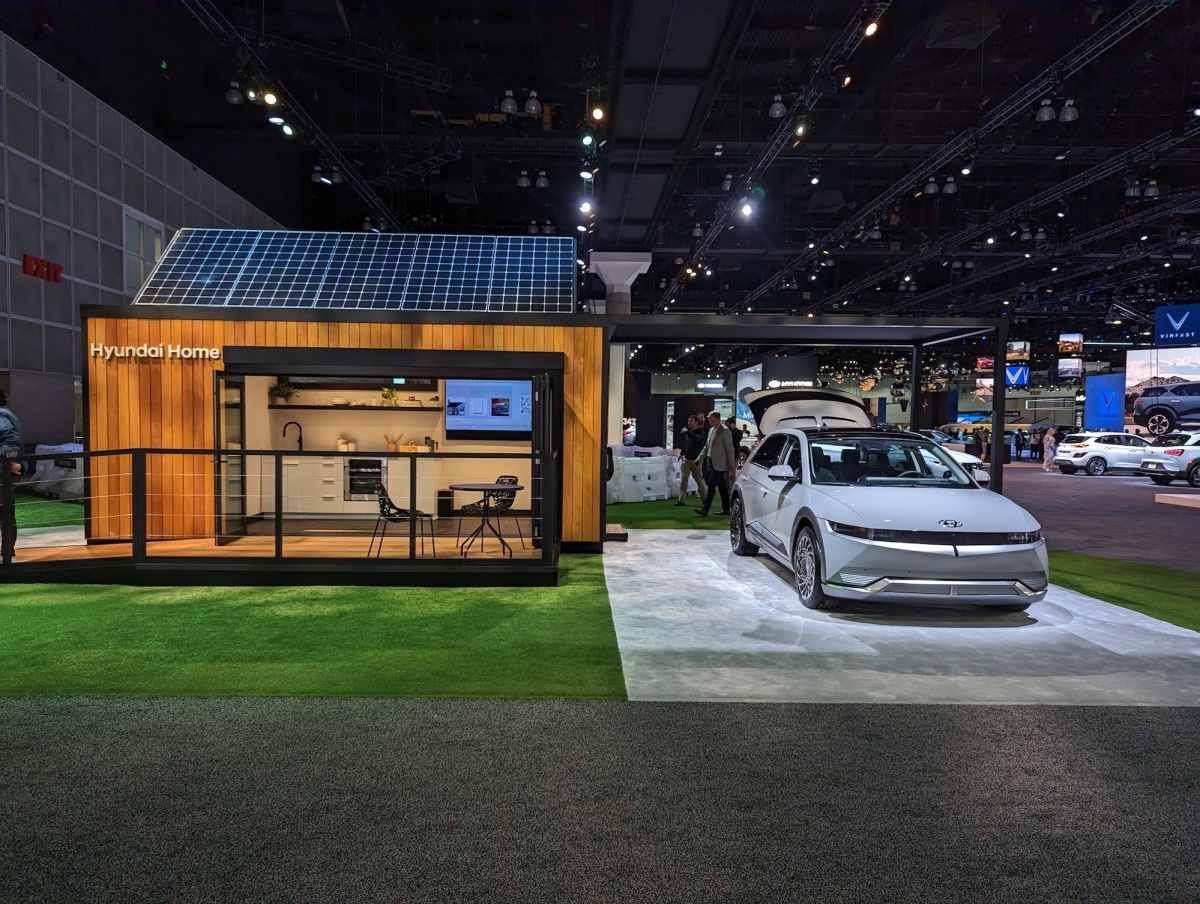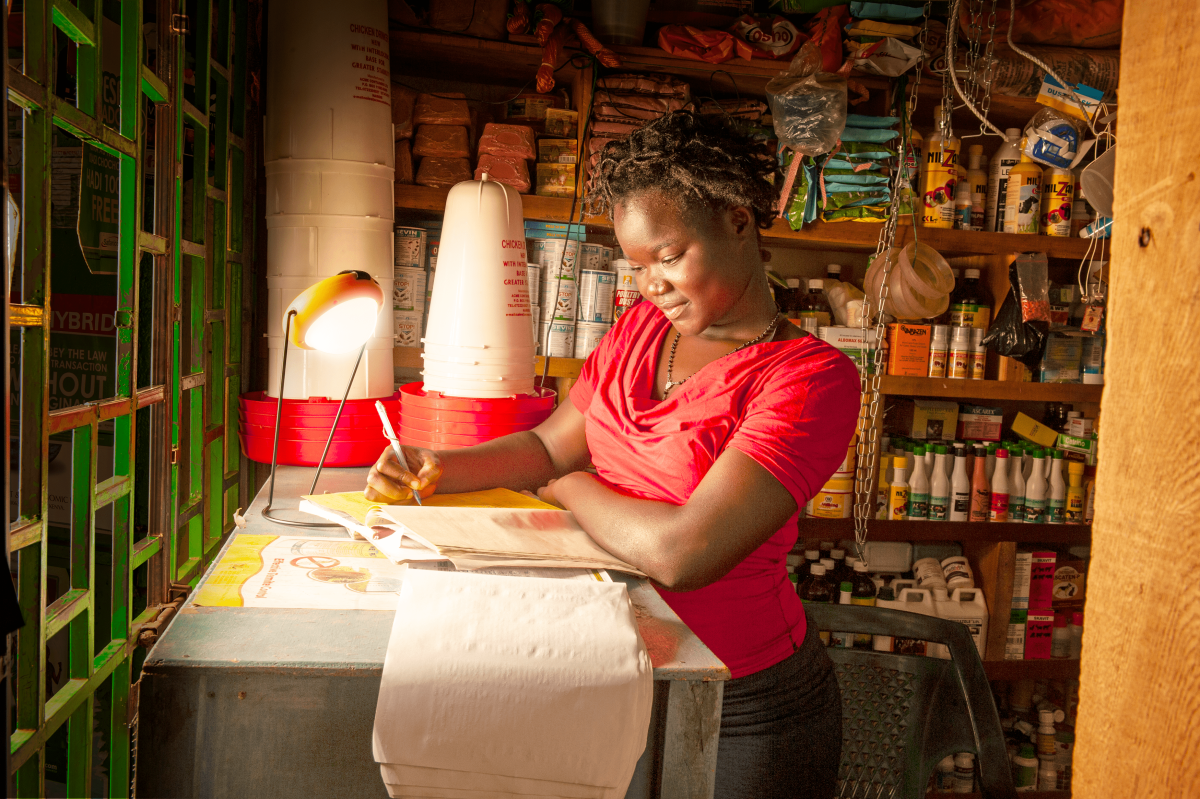Hyundai launches home charging ecosystem as part of EV push • ZebethMedia
Hyundai announced this week at the LA Auto Show a new way for its customers to charge at home as part of the company’s efforts to woo a new group of EV buyers. Hyundai Home, the automaker calls it, incorporates solar panels, energy storage and EV charging for Hyundai owners. Hyundai announced a partnership with Electrum, a solar panel, home battery and heat pump installer, which will help customers in 16 states find the right power installers and systems for their EV charging needs. With the new partnership, consumers in Arizona, California, Colorado. Connecticut, Florida, Illinois, Maryland, Massachusetts, Maine, Missouri, Nevada, New Jersey, New York, Oregon, Pennsylvania, Rhode Island, Virginia, and Washington can now work with Electrum advisors to find the best and most affordable power solutions for them. Prior to this week’s announcement, dealers were helping customers get in touch with local installers and power suppliers in order to get charging and storage set up for their new Hyundai EVs like the Ioniq 5, according to Ian Tupper, the senior group manager of strategic environmental partnerships at Hyundai. “With Hyundai Home, we’re really trying to democratize, not only EV charging and being able to adopt an electric vehicle, but the entire ecosystem around it. We want to make it easy for customers to go solar to get energy storage and to eventually use all those systems together to reduce their energy bill,” Tupper told ZebethMedia during an interview at the LA Auto Show. Making EV charging more accessible As the U.S. increasingly makes a push to reduce carbon emissions, especially those from tailpipes (aka fossil-fueled powered vehicles), states like California have banned the sale of new gasoline vehicles by 2035. That means that an increasing number of Americans are going to be looking at EVs, PHEVs and hybrids for their next new car purchase. Yet, rentals make up roughly one-third of American housing, according to the U.S. Census and most of that housing stock is older, which means that in order to get access to at-home charging, landlords will have to be willing to invest to upgrade panels and provide charging access in multifamily garages. The average cost to upgrade a single family home’s electrical panel to handle charging a vehicle at home, can run between $1,300 and $3,000, or more. Add that into the high price of battery-electric, hybrid and plug-in electric vehicles and many people wont be able to afford or access home charging, especially those who live in multifamily buildings without access to home charging. That’s something that Tupper says Hyundai is taking into consideration, but he wasn’t able to share any concrete details around future plans. “If we want to achieve mass adoption, we need to solve that problem for renters and so we’re attacking it in a couple of different ways. First through our partnership with Electrify America. We’re working with them to incentivize to construction of as much charging infrastructure as possible and we’re trying to give it to customers for free,” Tupper told ZebethMedia. “We’re taking a strategic partnership approach and trying to identify the players right to offer, really a smattering of solutions. If there’s a city where, you know, we can help support the production or the development of charging hub, great. But if there’s a way for us to even incentivize low-power AC Charging. We’re going to take a look at that as well.” Tupper says that Hyundai is working with its partners like Electrum to bring more charging and power storage options to more customers in other states outside of the 16 that Electrum currently services, too. “We’re just starting out,” Tupper said, “Our guiding principles are that customers not only get the right products, but they also get the right products at the right price. Electrum helps us help the customer find the right solution on the marketplace, that way we’re actually able to deliver, usually a substantially better deal than something that they would normally just get by going to a local provider.”

